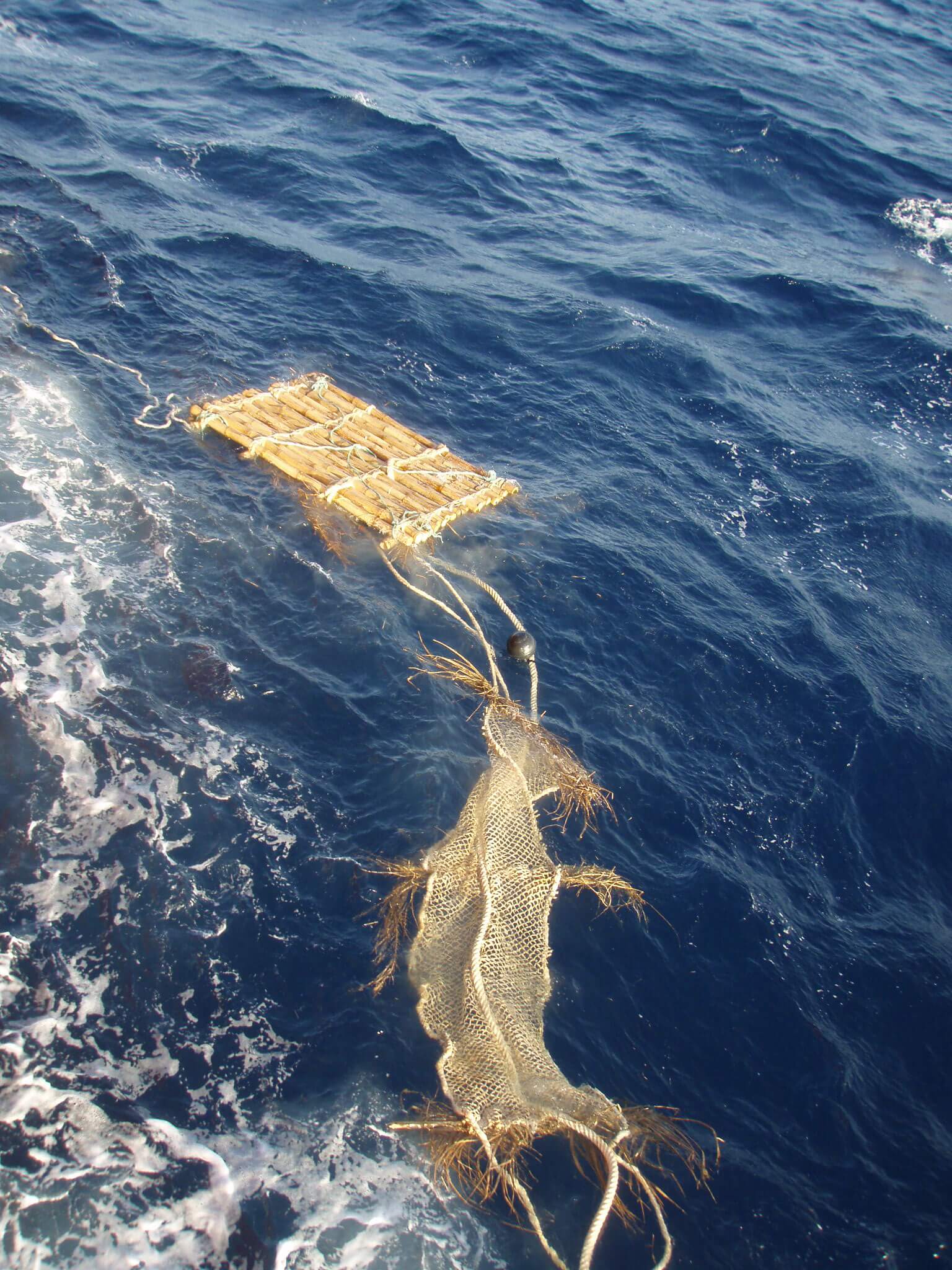Purpose of this study
- To test the use of specific biodegradable materials and designs for the construction of drifting FADs in natural environmental conditions;
- To identify additional options to mitigate drifting FADs impacts on the ecosystem;
- To assess the socio-economic viability of the use of BIO FADs in the Purse Seine tropical tuna fishery.
Scope of the study
The study should cover drifting FADs in areas of purse seine tropical tuna fisheries under the purview of IOTC (Indian Ocean).
Duration of the Study
The duration of this study goes from August 2017 to April 2019
Tasks to be performed
Task 1. Review the state of the art regarding FADs use, development and impacts worldwide: it will cover initiatives in the Atlantic, Indian and Pacific oceans and three main types of FADs:
- “Conventional FADs” (i.e. entangling and non-biodegradable)
- “NE FADs” (i.e. non-entangling and non-biodegradable)
- “BIO FADs” (i.e. non-entangling and biodegradable)
Task 2. Selection and deployment of FADs:
- Identify different BIO FADs designs and materials to be tested.
- Identify the pros and cons of each design and material, and justify the selection made.
- Deploy a statistically significant number of BIO FADs and NE FADs throughout the year in the Indian Ocean, in order to cover possible seasonality effects.
Task 3. Assessment of BIO FADs behaviour and performance in comparison to NE FADs:
- Assess the efficiency of BIO FADs to aggregate tuna and non-tuna species, through FAD trajectories, echo-sounder buoy information, and observer data.
- Validate results and collect detailed information on species composition in FADs through observer data.
- Develop life-cycle assessments for the different FAD designs and materials, including their expected biodegrading time and the subsequent potential negative and positive environmental effects (e.g., carbon print, impact of chemicals used to extend FADs durability, etc.).
- Identify best performing designs.
- If feasible, assess the potential of BIO FADs production for job creation.
Task 4. Assessment of the short and long-term socio-economic impacts (including the fisheries itself) of replacing NE FADs with BIO FADs
- Assess possible changes in costs and incomes of gradually replacing NE FADs with BIO FADs in the EU fleet.
- Identify possible market incentives (e.g., eco-friendly labelling, etc.) to encourage the use of BIO FADs.
Task 5. Recommendations and BIO FAD prototype regarding the use of new biodegradable materials and designs by the European fleet based on performance and costs. Moreover, an optimum BIO FAD prototypes will be recommended.
For more information about this project, you have to be registered. Please, log in to:
- Access to category denied!

